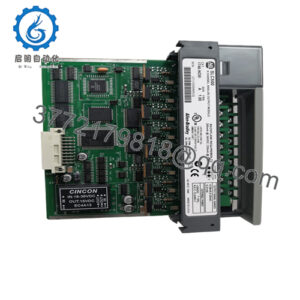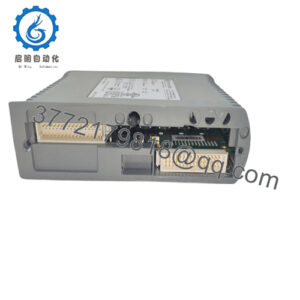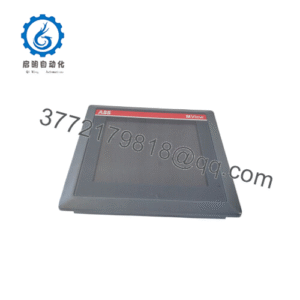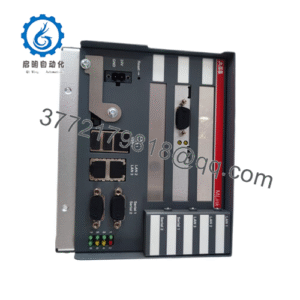Description
| Model Number | NBIO-21C |
| Brand | ABB |
| Type | Digital Input/Output Module |
| Input Voltage | 24 V DC |
| Operating Temp Range | -25°C to +70°C |
| Mounting Style | Backplane Slot |
| Dimensions | 85 mm x 150 mm x 210 mm |
| Weight | 380 g |
| Interface/Bus | AC 800M Backplane |
| Compliance | CE, RoHS, UL 508 |
| Supported Protocols | PROFBUS DP, Modbus |
| Typical Power Draw | 4 W |
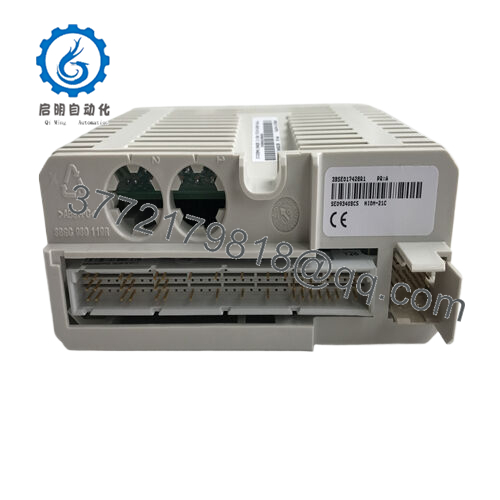
NBIO-21C
The ABB NBIO-21C functions as a versatile digital input/output module, seamlessly integrating into ABB’s industrial automation ecosystem to manage digital signal exchange between field devices and the central control system. Positioned at the interface layer between sensors/actuators and the controller, it converts physical digital signals from devices like limit switches, proximity sensors, and pushbuttons into data the control system can process, while also translating control commands into digital output signals for actuators, relays, and indicators. This module leverages a robust backplane connection to communicate with ABB’s AC 800M controller, ensuring high-speed data transfer with minimal latency—essential for time-critical applications.
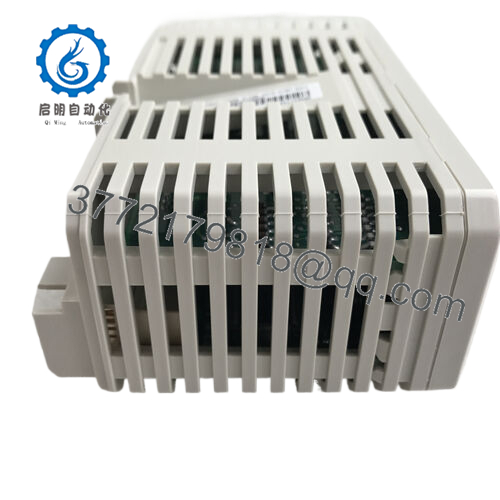
NBIO-21C
The ABB NBIO-21C supports multiple digital signal types, accommodating both sinking and sourcing configurations to match diverse field device requirements. It incorporates advanced noise immunity features to maintain signal integrity in electrically harsh environments, along with built-in diagnostic capabilities that provide real-time insights into signal status, module health, and connection issues, enabling engineers to quickly resolve problems before they affect operations.
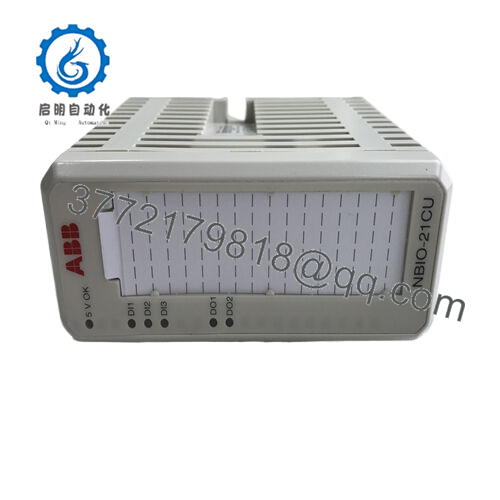
NBIO-21C
Main features and advantages:
Choosing the ABB NBIO-21C delivers significant operational benefits that enhance industrial control systems. Engineered for high reliability, the module ensures consistent performance even in harsh industrial environments, withstanding temperature fluctuations, vibration, and electromagnetic interference that can disrupt signal processing. Its fast response time—measured in microseconds—enables real-time monitoring and control, critical for applications where rapid system reactions are necessary to prevent equipment damage or ensure product quality. For engineering teams, the ABB NBIO-21C reduces integration complexity through its seamless compatibility with ABB’s AC 800M control system, eliminating the need for custom signal conditioning or interface hardware. This compatibility streamlines system design, accelerates commissioning, and lowers the risk of integration errors that can cause costly project delays.
In operational use, the ABB NBIO-21C enhances process efficiency by providing accurate and timely digital signal processing. Its ability to handle multiple input/output channels simultaneously allows for comprehensive monitoring and control of complex machinery, such as production lines with numerous sensors and actuators. The module’s diagnostic features enable proactive maintenance by alerting operators to issues like open circuits, short circuits, or signal degradation, allowing for repairs during scheduled downtime rather than emergency shutdowns. This proactive approach minimizes unplanned production interruptions, reducing associated costs and improving overall equipment effectiveness. Additionally, the ABB NBIO-21C’s modular design supports easy system expansion, enabling facilities to add more I/O points as production needs grow without major infrastructure overhauls.
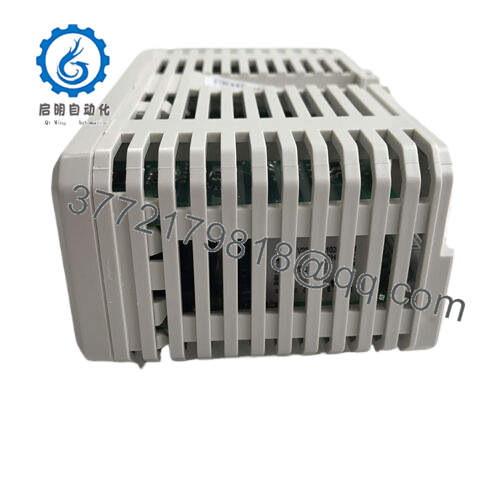
NBIO-21C
Application areas:
The ABB NBIO-21C excels in industries where reliable digital signal management is essential for operational success. In automotive manufacturing, it monitors the status of robotic welders, conveyor sensors, and safety interlocks, ensuring that assembly lines operate smoothly and safely. The module’s fast response time is critical for stopping machinery immediately if a safety breach is detected, protecting workers and equipment. In food and beverage processing, the ABB NBIO-21C controls valve actuators, pump starters, and level sensors, maintaining precise sequencing of production steps to ensure product quality and regulatory compliance.
In water and wastewater treatment facilities, the module manages digital signals from flow meters, pressure switches, and chemical dosing pumps, enabling accurate control of treatment processes. Its robust design withstands the humid and corrosive environments common in these facilities, ensuring long-term reliability. Across all these applications, the ABB NBIO-21C’s ability to process signals accurately under continuous operation makes it a vital component for high-availability industrial systems.
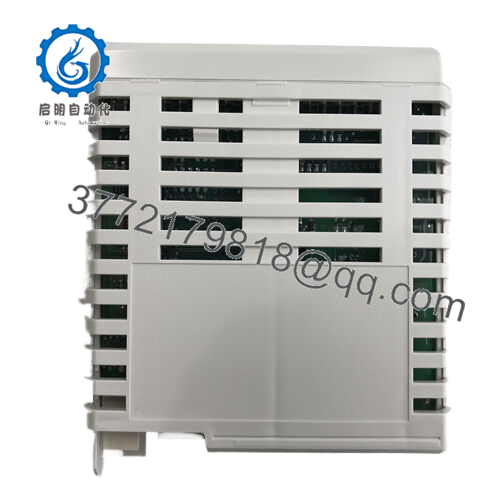
NBIO-21C
Related products:
ABB NBIO-22C – High-channel digital I/O module with expanded capacity for large-scale applications.
ABB DI810 3BSE008549R1 – Dedicated digital input module for systems requiring only input signal processing.
ABB DO810 3BSE008550R1 – Dedicated digital output module for control signal generation.
ABB AC 800M PM864 3BSE018106R1 – High-performance controller optimized for use with NBIO-21C in complex systems.
ABB TB820 3BSE008571R1 – Terminal block module for secure wiring connections to NBIO-21C.
ABB NBIO-21 3BSE008542R1 – Previous generation digital I/O module, compatible with legacy systems.
ABB CI854A 3BSE013239R1 – Communication interface module for extending NBIO-21C connectivity to remote I/O networks.
Installation and maintenance:
Before installing the ABB NBIO-21C, verify compatibility with the target AC 800M controller and ensure the backplane firmware is updated to support the module’s features. Check that the control cabinet provides adequate cooling, as the module generates heat during operation—maintaining proper airflow around the backplane slot prevents overheating. Inspect all wiring harnesses and terminal connections for damage, ensuring that signal wires are properly shielded to minimize electromagnetic interference. Configure input/output parameters such as signal filtering and response time in the control system software to match specific application requirements, optimizing performance for either speed or noise immunity as needed.
For ongoing maintenance, regularly review diagnostic data from the module via the control system HMI to monitor channel status and detect potential issues like intermittent connections or signal degradation. Periodically inspect terminal block connections to ensure they remain tight, as loose connections can cause signal errors or module faults. Clean dust and debris from the module’s surface and backplane connectors during scheduled shutdowns to maintain proper heat dissipation and electrical contact. When updating system software, confirm compatibility between the module firmware and controller software versions to avoid operational disruptions.
Other ABB product models:
ABB FI840F
ABB FPR3203526R1002A
ABB FPR3600227R1202-J 07KR31
ABB FS300R12KE3/AGDR-72C
ABB FS450R12KE3/AGDR-71C
ABB FSA80
ABB G2000A5.7ST
ABB GCC960C102 3BHE033067R0102
ABB GDB021BE HIEE410455P104
ABB GDB021BE01 HIEE300766R0001
ABB GDC801B 3BHE051592R0101
ABB GDC801B102 3BHE051592R0102
ABB GFD233A 3BHE022294R0101
ABB GFD563A102 3BHE046836R0102
ABB GFD563A102 3BHE046836R0102
ABB GFD563A102 3BHE046836R0102
ABB GFD563A102 3BHE046836R0102
ABB GFD563A102 3BHE046836R0102
ABB GJR5252300R0101 07AC91
ABB GJR5252300R3101 07AC91
ABB GJR5252300R3101 07AC91
ABB GJR5253100R0270 07KT98
ABB GLBS200516R
ABB GMKP2800-32IBY
ABB GNT0104500R0002
ABB GRBTU 3BSE013175R1
ABB GVC750BE101 3BHE009681R0101 GVC750BE101 3BHE013088R001 5SHY3545L0010
ABB HAI805
ABB HBFFAEAGNBA1BAA11G
ABB HBS01-EPD
ABB HC800
ABB HESG112548R12
ABB HESG324430R11/B 216GD61A

 WhatsApp: +86 16626708626
WhatsApp: +86 16626708626 Email:
Email:  Phone: +86 16626708626
Phone: +86 16626708626